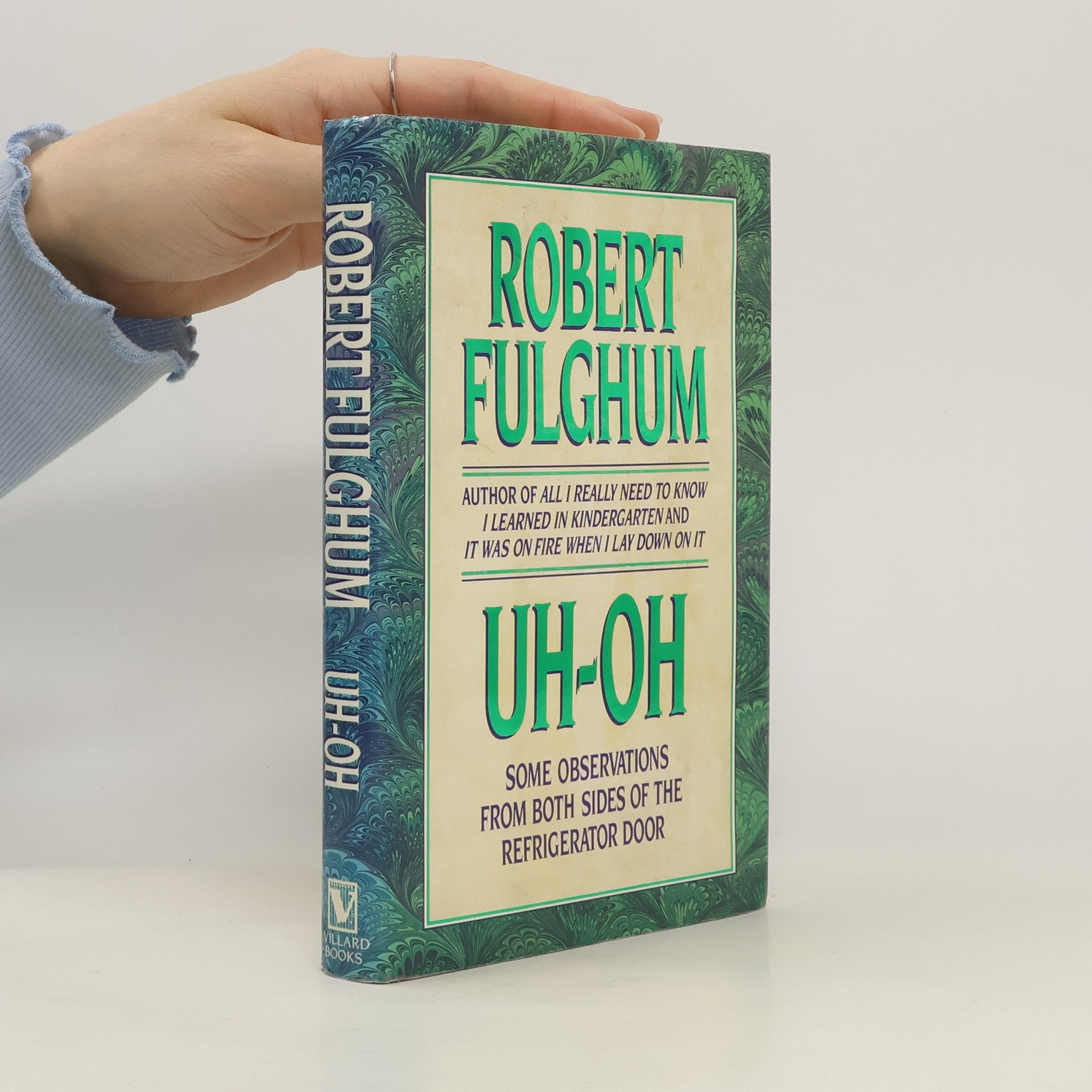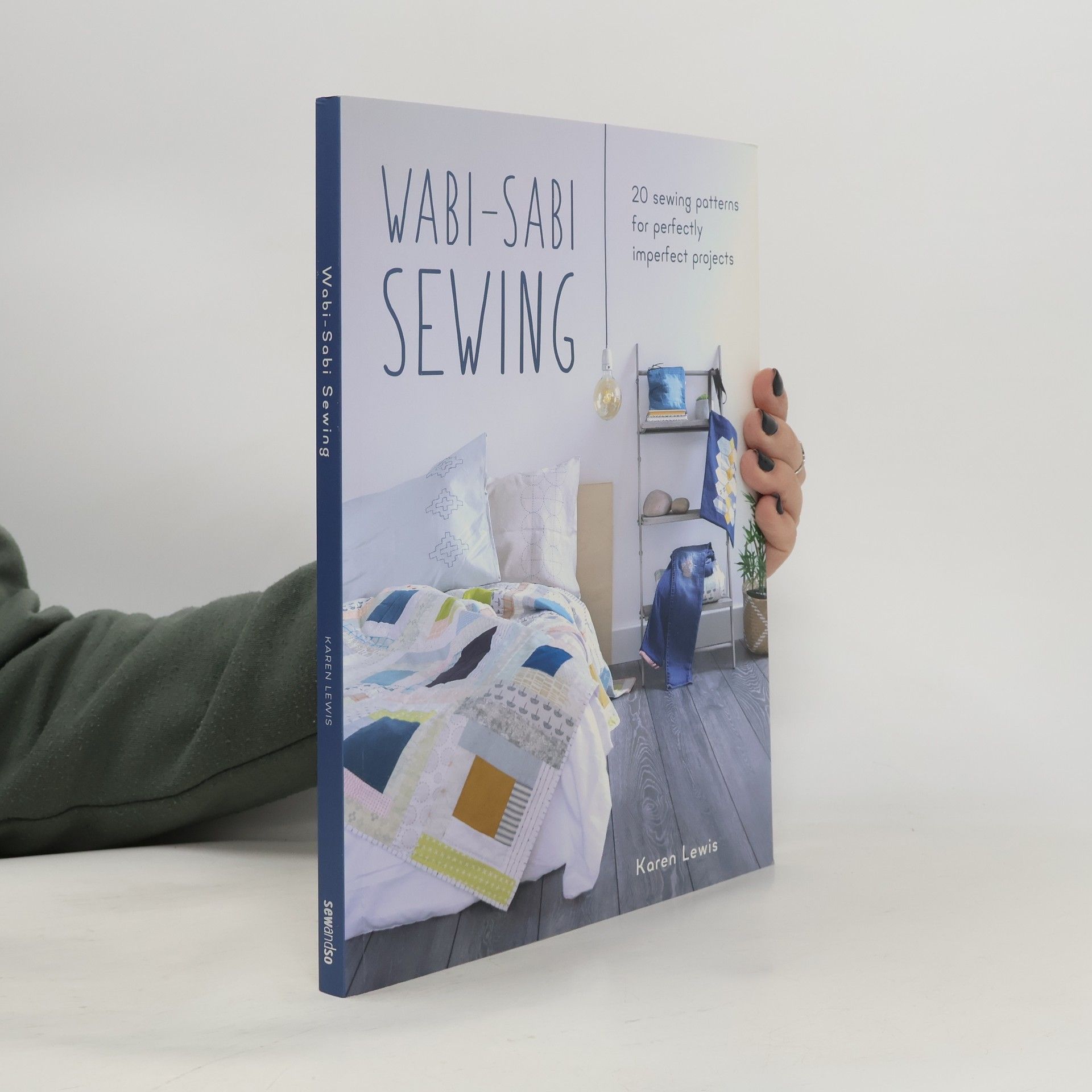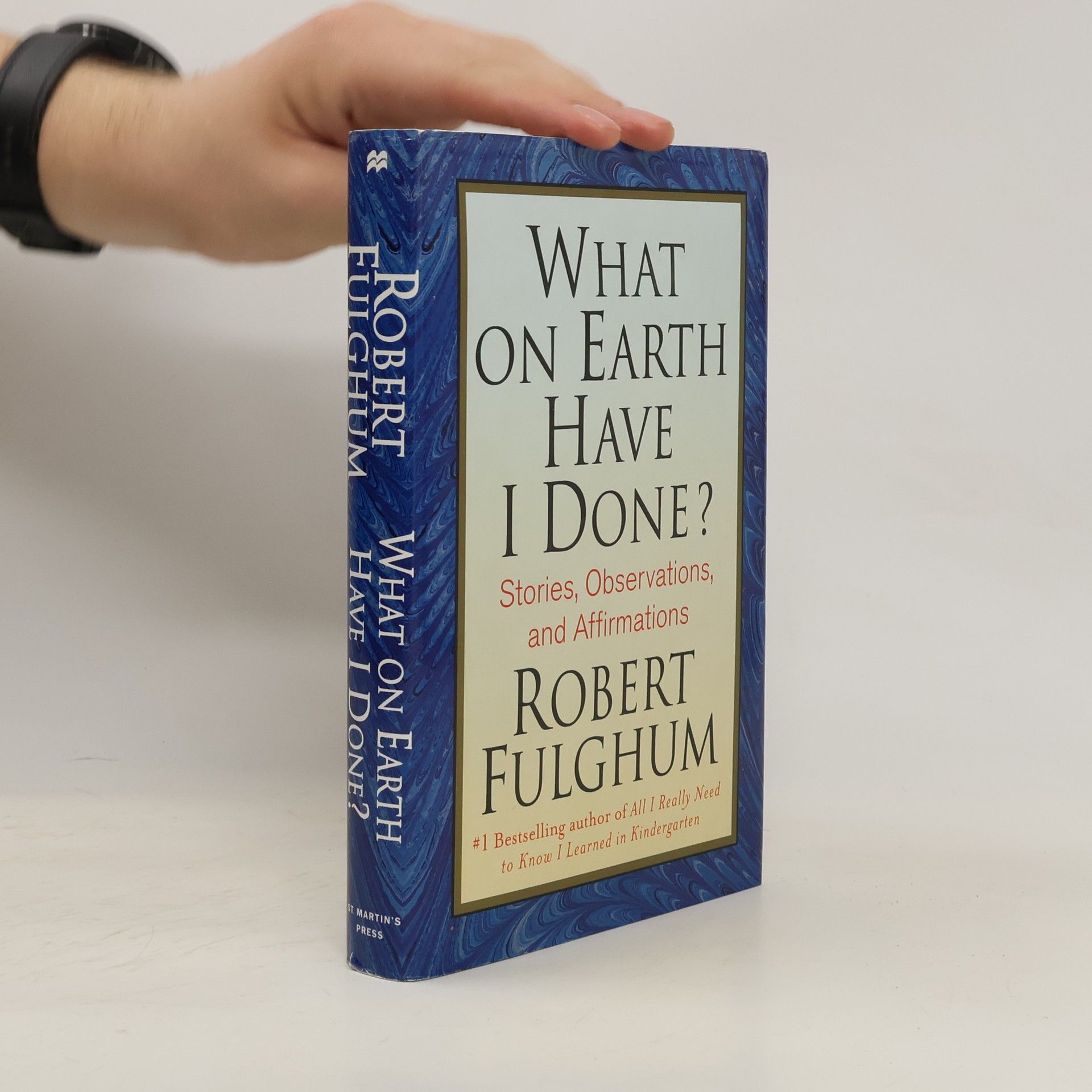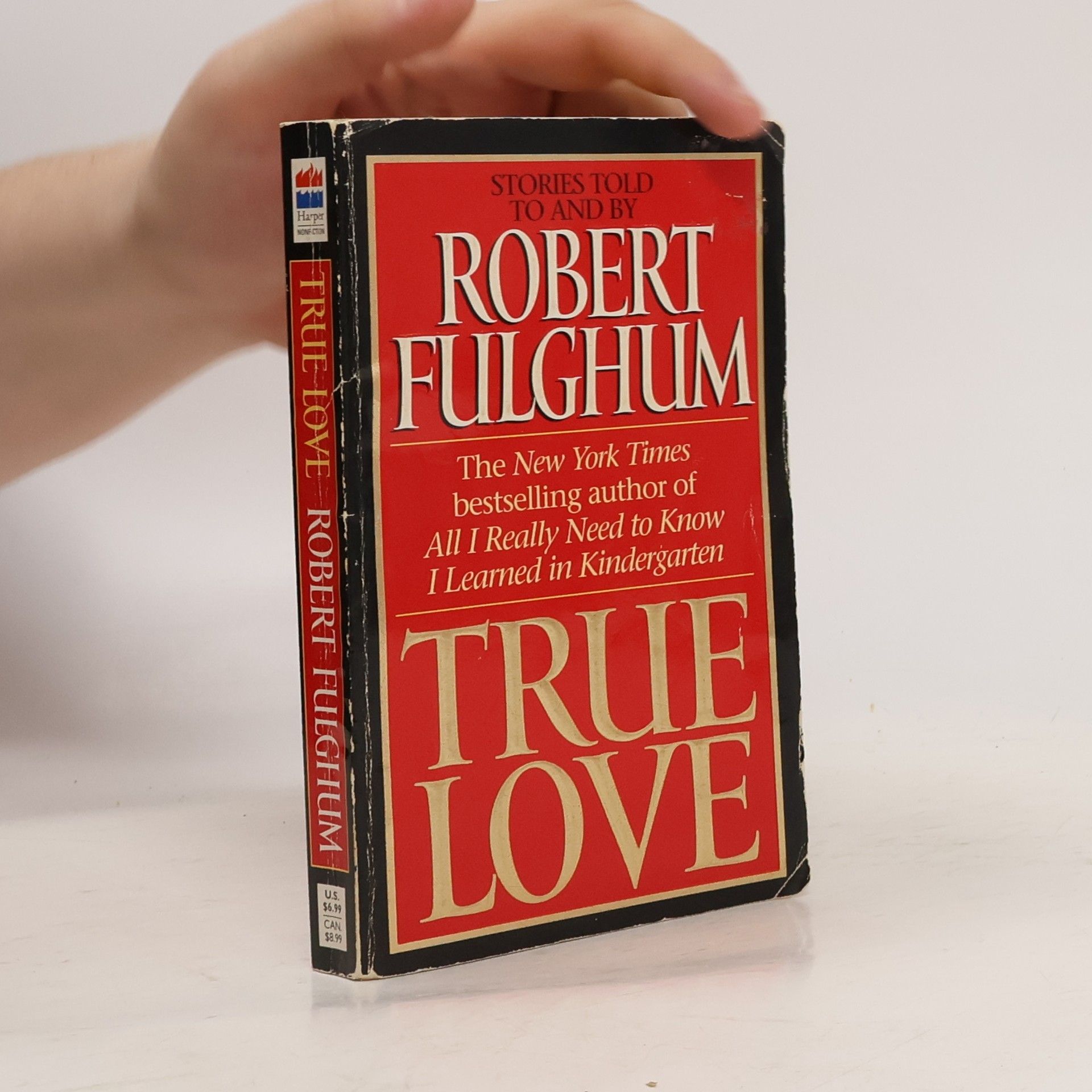FROM BEGINNING TO END Why "rituals"? My thinking was set in motion by those who, knowing I was a parish minister for many years, have asked me for advice about ceremonies and celebrations. They wanted words to use at graduations, funerals, and the welcoming of children. They inquired about grace at family meals, the reaffirmation of wedding vows, and ways to heal wounds suffered in personal conflict. People requested help with the rituals of solitude, such as meditation, prayer, and contemplation. . . . Rituals do not always involve words, occasions, officials, or an audience. Rituals are often silent, solitary, and self-contained. The most powerful rites of passage are reflective--when you look back on your life again and again, paying attention to the rivers you have crossed and the gates you have opened and walked on through, the thresholds you have passed over. I see ritual when people sit together silently by an open fire. Remembering. As human beings have remembered for thousands and thousands of years. FULGHUM
Robert Fulghum Books

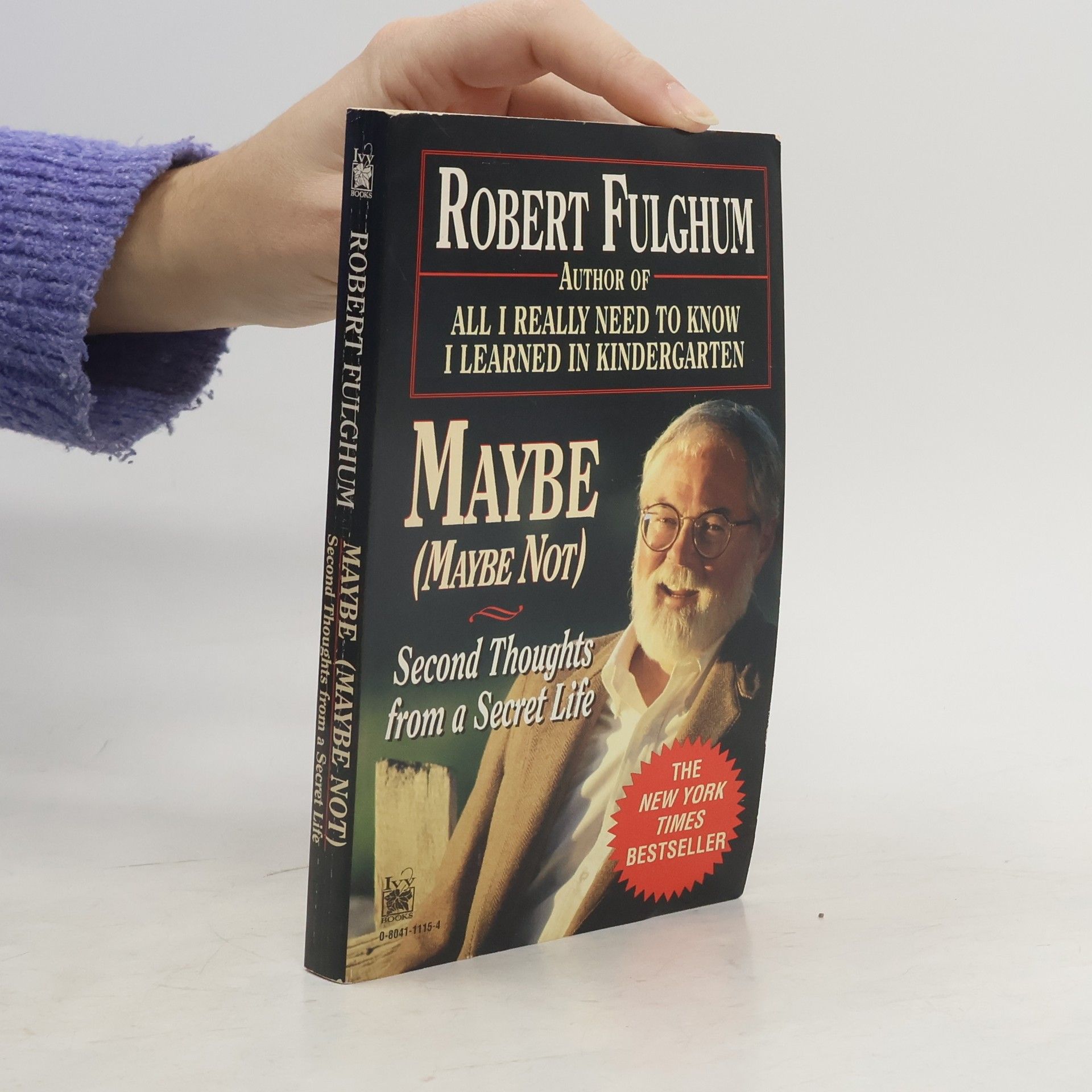


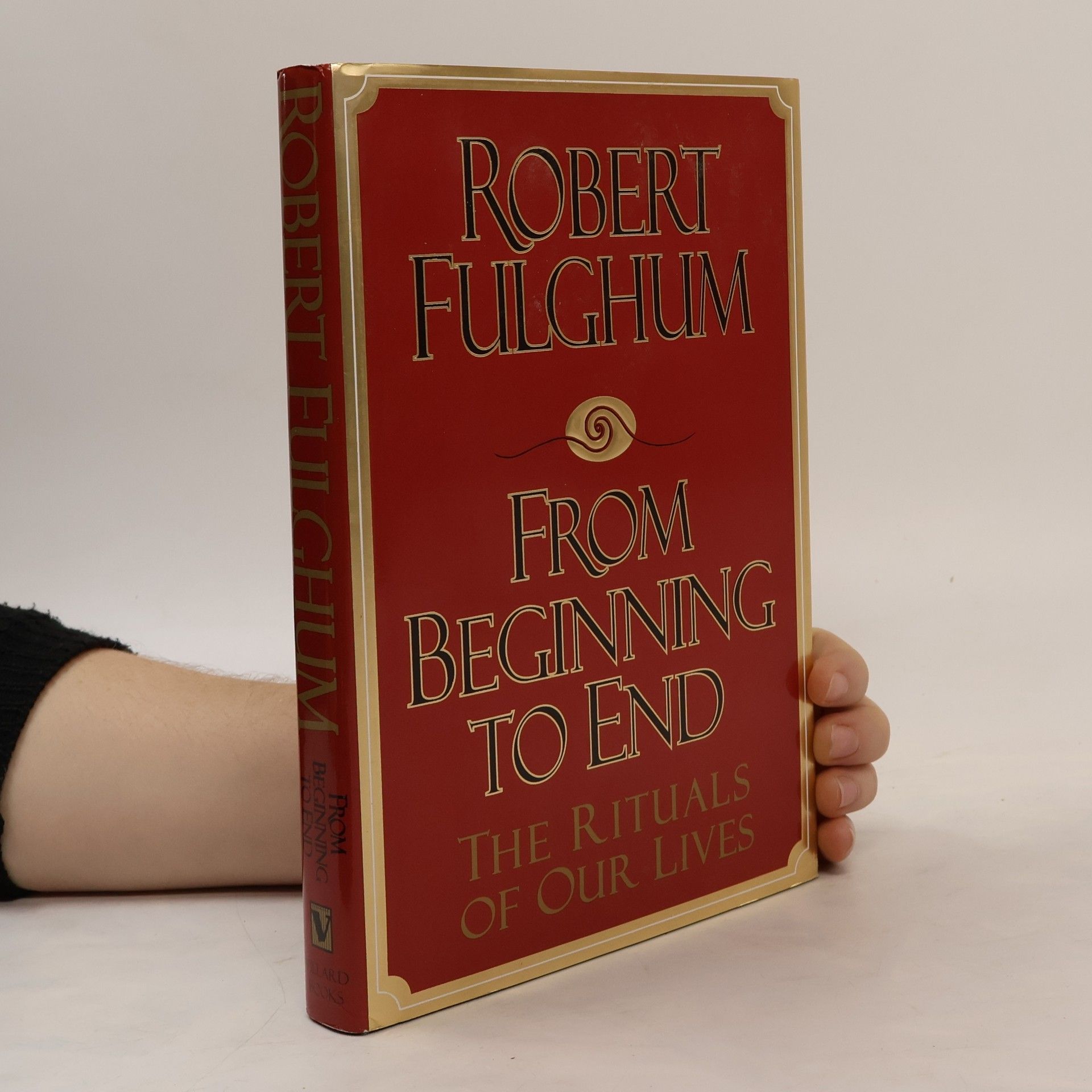

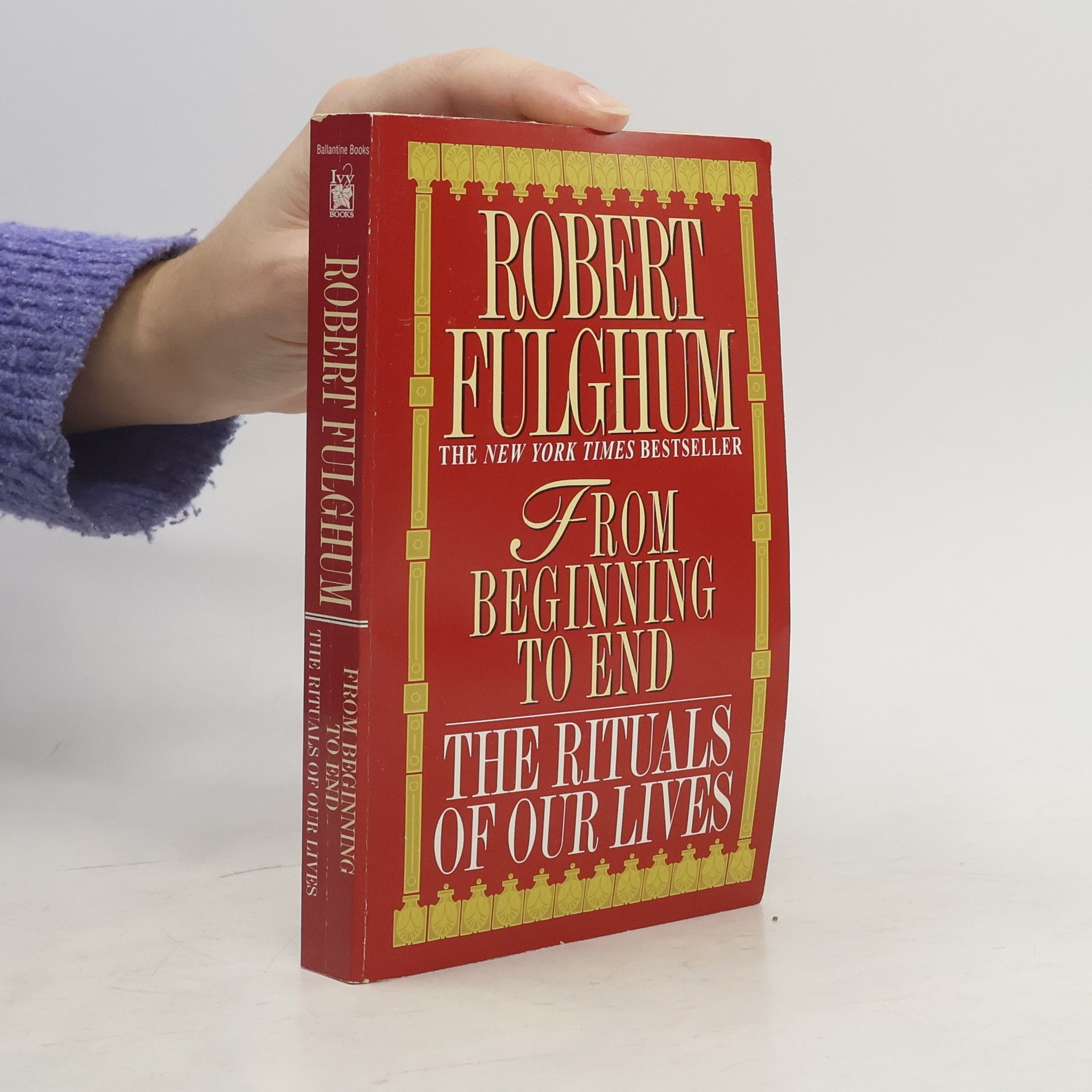
It was on fire when I lay down on it
- 210 pages
- 8 hours of reading
From the author to the reader: Show-and-Tell was the very best part of school for me, both as a student and as a teacher. As a kid, I put more into getting ready for my turn to present than I put into the rest of my homework. Show-and-Tell was real in a way that much of what I learned in school was not. It was education that came out of my life experience. As a teacher, I was always surprised by what I learned from these amateur hours. A kid I was sure I knew well would reach down into a paper bag he carried and fish out some odd-shaped treasure and attach meaning to it beyond my most extravagant expectation. Again and again I learned that what I thought was only true for me . . . only valued by me . . . only cared about by me . . . was common property. The principles guiding this book are not far from the spirit of Show-and-Tell. It is stuff from home—that place in my mind and heart where I most truly live. P.S. This volume picks up where I left off in All I Really Need to Know I Learned in Kindergarten, when I promised to tell about the time it was on fire when I lay down on it.
From Beginning to End
- 273 pages
- 10 hours of reading
America's most beloved philosopher and essayist draws from his ministerial background to celebrate " the unnameable wonder and mystery of life, " teaching readers how to create their own personally meaningful ceremonies while being gathered in a universal and ebullient embrace. Illustrations.
"Just mention the word "sibling," and everyone has a story to share. It might be a happy story or a miserable one, but they want to tell it. And according to the US Census Bureau (2021), with at least 78.3% of Americans having at least one sibling, that's a lot of stories"--
Chicken Soup for the Father's Soul
Stories to Open the Hearts and Rekindle the Spirits of Fathers
- 365 pages
- 13 hours of reading
The coauthors of Chicken Soup for the Golfer's Soul, USA Today's #1 bestselling sports book of 1999, bring readers this sure-fire hit for fathers celebrating the joys and challenges of fatherhood. New dads, granddads, single dads and dads-to-be - this book offers them all an entertaining and inspiring collection of stories on the triumphs and trials of the amazing journey called fatherhood. Chapters include: Special Moments, Overcoming Obstacles, Insights and Lessons, The Joys of Fatherhood, Across the Generations, and Achieving Dreams. By sharing true experiences and insights, this book provides reassurance to fathers and a reminder to cherish the special moments in life.
THE NEW YORK TIMES BESTSELLER I once began a list of the contradictory notions I hold: Look before you leap. He who hesitates is lost. Two heads are better than one. If you want something done right, do it yourself. Nothing ventured, nothing gained. Better safe than sorry. Out of sight, out of mind. Absence makes the heart grow fonder. You can't tell a book by its cover. Clothes make the man. Many hands make light work. Too many cooks spoil the broth. You can't teach an old dog new tricks. It's never too late to learn. Never sweat the small stuff. God is in the details. And so on. The list goes on forever. Once I got so caught up in this kind of thinking that I wore two buttons on my smock when I was teaching art. One said, "Trust me, I'm a teacher." The other replied, "Question Authority." [signature] Fulghum
Uh-oh
- 262 pages
- 10 hours of reading
The best-selling author presents an inspirational, upbeat look at subjects ranging from meatloaf to the Salvation Army band.
Capture the essence of Japanese style in your sewing with this collection of projects inspired by the wabi-sabi concept of 'perfect imperfection'. This collection of 20 sewing projects for home decor and accessories is based on the popular Japanese aesthetic philosophy of wabi-sabi, which celebrates the beauty in the ordinary and imperfect.
What On Earth Have I Done?
- 320 pages
- 12 hours of reading
Robert Fulghum's new book begins with a question we've all asked "What on Earth have I done?" As Fulghum finds out, the answer is never easy and, almost always, surprising. For the last couple of years, Fulghum has been traveling the world - from Seattle to the Moab Desert to Crete - looking for a few fellow travelers interested in thinking along with him as he delights in the trick-or-treating with your grandchildren dressed like a large rabbit, pots of daffodils blooming in mid-November, a view of the earth from outer space, the mysterious night sounds of the desert, every man's trip to a department store to buy socks, the raucous all-night long feast that is Easter in Greece, the trials and tribulations of plumbing problems and the friendship one can strike up with someone who doesn't share the same language. What on Earth Have I Done? is an armchair tour of everyday life as seen by Robert Fulghum, one of America's great essayists, a man who has two feet planted firmly on the earth, one eye on the heavens and, at times, a tongue planted firmly in his cheek. Fulghum writes to his fellow travelers, with a sometimes light heart, about the deep and vexing mysteries of being alive and says, "This is my way of bringing the small boat of my life within speaking distance of yours. Hello…"
The beloved author of the modern classic book All I Really Need to Know I Learned in Kindergarten now tackles life's most mysterious, joyous and most confusing topic -- love. An irresistible collection of real-life love stories, mixed with Robert Fulghum's own quirky insights and unmistakable homespun observations, True Love tells the many unpredictable tales of love. Here it is: the intriguing story of the woman who marries her mother's high school flame; a man who learns that "old love" and new pajamas are a dangerous mix; a man who miraculously reunites with his first love (after 20 years) on an LA freeway; the touching tale of a husband's love for his wife after her disabling stroke; a 14-year-old's philosophy of looking for love on the boardwalk; the brief moment of connection of a smile shared at a stoplight; and so many more.
